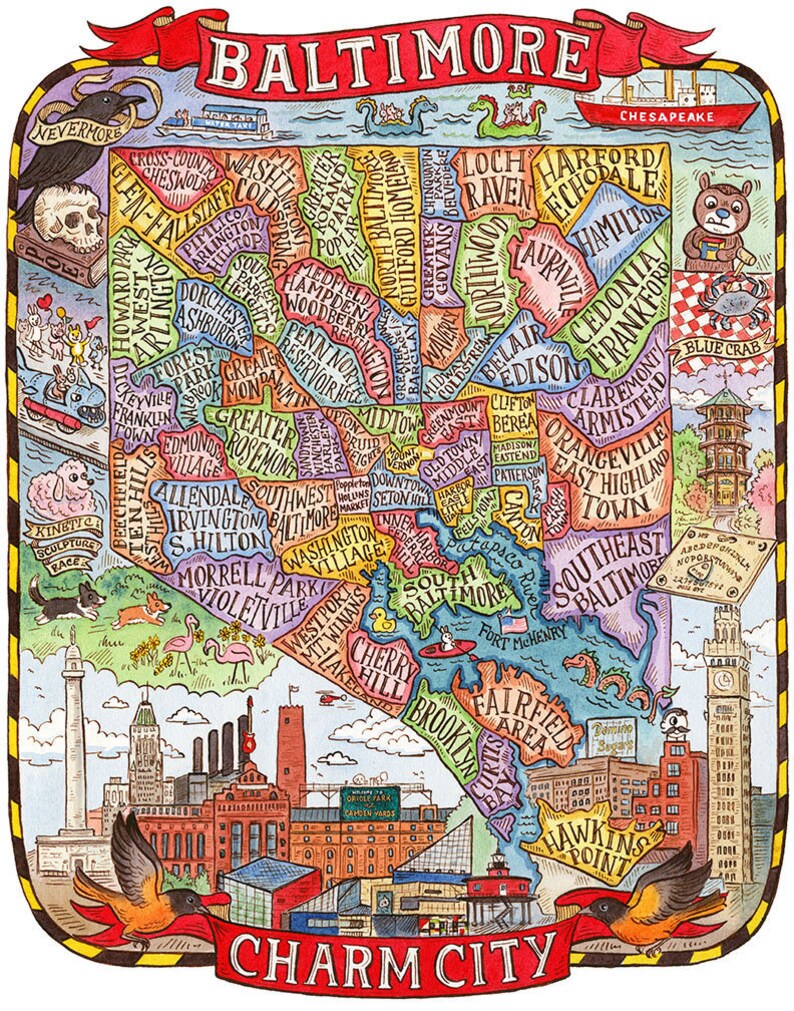Hello Everyone:
It is a lovely summer Wednesday afternoon and time for Blogger Candidate Forum. Night one of the Democratic presidential debates 2.0 is history. The big winners were author Marianne Williamson, Senators Elizabeth Warren (D-MA) and Bernie Sanders (I-VT). Blogger has to be honest, Ms. Williamson comes off as a clear thinking, intelligent person with some good ideas but she is not a viable candidate. The wonkiness Ms. Williamson derided during her big moment is what creates good policy not drive out the dark psychic forces. She will hang on for while but, eventually her novelty will fade once the caucuses and primaries start. Night two begins at 5:00 pm Pacific Time and the marquee match is VPOTUS Joe Biden and Senator Kamala Harris (D-CA), round two. It should be good. Speaking of the Senate, how about we take a look at the drive to "Flip Five?"
| Current Senate balance of power theprojectiondesk.com |
The number one priority for Democrats is making Mr. Donald Trump a one term president. Contrary to what moderate Democrat candidate John Delany said about not embracing "wish list" policies, in order for Democrats to be victorious, they will have to go big or go home. However, since much of the Democrats' agenda depends on regaining the Senate majority, taking control is an uphill battle.
| Senator Susan Collins (R-ME) thehill.com |
What makes this map very deceiving was in 2018, Democrats had to defend five states Trump won by 19 points or more,.... In this case, there's no Republican sitting a state that Clinton won by more than 5 (vox.com; July 9, 2019; date accessed July 31, 2019).
Making matters worse, is a number of high-profile potential Senate candidates--e.g. Beto O'Rourke--have chosen to run for president or just stay home. Herein lies the rub: "Democrats are telling voters the election--up and down the ballot--is of grave consequence. But undermining that push is the tacit belief that the Senate, and the party's power in it, is a shadow of what it once was" (Ibid).
 |
| 2020 Senate election map washingtonpost.com |
Political scientist James Wallner with conservative think tank R Street said,
If people thought it mattered that Democrats controlled the Senate, then they would run be a Democrat in the Senate (Ibid).
Be that as it may, if the Democrats do retake White House and narrow the gap in the Senate, the slim Republican majority would remain an obstacle to their legislative agenda and most important, confirming nominees to the Supreme Court. Without a majority Democrat in the Senate, a "wish list" set of policies is just that, a wish list.
The path is arduous. In order to retake the majority, the Democrats would have to:
1. Hold on to Senator Doug Jones' seat in ruby red Alabama (the president has +27 point approval rating) (Ibid)
2. Be victorious in Colorado and Arizona--a likely scenario because there excellent candidates who have either declared their candidacy or are interested in running. (Ibid)
3. Fire up the base especially in Maine, Georgia, Texas, Montana, and Iowa. All states within reach but the Democrats will have to recruit top notch candidates. Former astronaut Mark Kelly is challenging incumbent Martha McSally for the seat once held by the late John McCain. (Ibid)
4. Take full advantage of divisive Republican primaries in Kansas and North Carolina where the president's approval rating are sickly (morningconsult.com; date accessed July 31, 2019) but they still have to recruit serious candidates to be competitive (Ibid).
Senator Kamala Harris told an audience at recent MSNBC town hall in South Carolina, 2020 is about the White House, but it's also about the United States Senate (vox.com; May 28, 2019; date accessed July 31, 2019)
 |
| Senator Cory Gardner (R-CO) denverpost.com |
 |
| Senator Doug Jones (D-AL) time.com |
Democrats absolutely must defend Alabama, where Senator Doug Jones beat Judge Roy Moore by slim majority. Not only do Democrats have to defend in Alabama but they have to be competitive in North Carolina, Iowa, Kansas, Texas, and Tennessee. Kansas offers a good chance, long time Senator Pat Roberts announced his retirement, which mean there is an open seat.
The rest of the map is a real struggle for the Democrats. The Democrats' best chance resides in the Sun Belt states, especially in the demographically diversifying Sun Belt states, where the president's popularity is on the wane. Rising star Stacy Abrams dashed party hopes by declaring that she will not run for the Georgia's state senate seat (ajc.com; Apr. 30, 2019; date accessed July 31, 2019).
The Democrats really want to recapture the Senate but they lack incentive for top tier candidates to run. It is no secret to anyone that the Senate is not the chamber it used to be, especially for a minority party. Josh Huder, a senior fellow at Georgetown University's Government Affairs Institute, told Vox, As an institution it's pretty weak and dilapidated at the this point (vox.com; July 9, 2019; date accessed July 31, 2019). Senate Majority Leader Mitch McConnell openly brags that the chamber is a "legislative graveyard" (Ibid). To wit, serious legislative initiatives from health care to election security have hit a partisan brick wall. Further, the Democrats are finding it harder to make the pitch that running for Senate carries equal party weight. The good news is that it is only 2019 and there is still enough time to attract marquee candidates. Eventually, presidential candidates like Beto O'Rourke and John Hickenlooper will be deemed no longer viable candidates and consider other options.The bad news that it is 2019 and if the Democrats want absolutely intent on flipping the Senate, they need to move fast.








